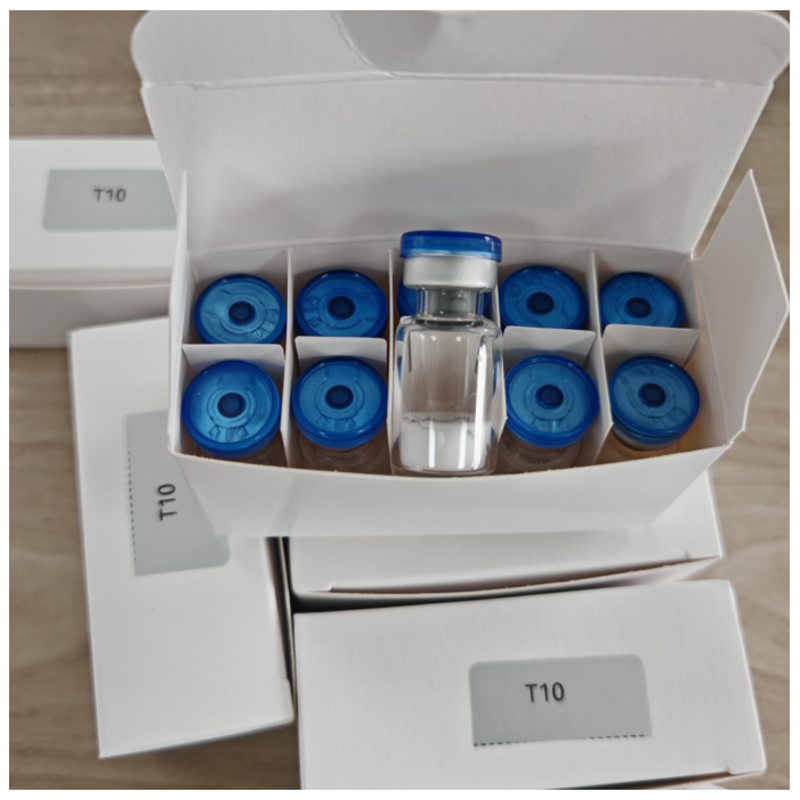Diabetogia: Individuals screened with multiple autoantibodies have a significant lying difference in risk of developing type 1 diabetes
-
Last Update: 2020-06-25
-
Source: Internet
-
Author: User
Search more information of high quality chemicals, good prices and reliable suppliers, visit
www.echemi.com
Children with multiple autoantibodies (mab) have a very high risk of developing type 1 diabetesWe assessed whether people with monoclonal antibodies detected through screening were also at high risk, and how the risk varied with age, autoantibody type, and metabolic stateresearchers analyzed the Type 1 type 1 type 1 type 1 type 1 type of type 1 type 1 type 1 type 1 type of disease, using monoto-resistance (nal s 1815; age: 12.35 to 9.39 years old)Depending on age, the type/number of autoantibodies (insulin autoantibodies (IAA), glutamate deprosar autoantibodies (GADA), insulin tumor-related antigen 2 autoantibodies (IA-2A) or zinc transport-protein 8 autoantibodies (ZnT8A)) assessthe risk of type 1 diabetes Index60 (abdominal C peptide, 60-minute glucose and 60-minute C combined peptide measure)Cox regression and cumulative incidence curves were used in this cohort studystudies showed a negative correlation between the age of mAbs and the risk of type 1 diabetes (HR 0.97 (95% CI 0.96, 0.99)In the participants with two autoantibodies, the risk of type 1 diabetes was lower in patients with GADA (HR 0.35 (95% CI 0.22, 0.57)) and those with IA-2A had a higher risk of type 1 diabetes (HR 2.82 (95% CI 1.76, 4.51))People with IAA and GADA had only a 17 percent risk of developing type 1 diabetesThe risk of Index60 1.0 (HR 0.23 (95% CI 0.19, 0.30)) is significantly reduced compared to patients with an Index60 value of 1.0Among those aged 125/15 with 12.0 years of age who were GADA-positive, IA-2A negative, Index60,1.0 and 12.0 years, the risk of type 1 diabetes in five years was 8%in individuals screened for monoclonal antibodies, the risk of type 1 diabetes varies significantly due to age, autoantibody type, and metabolic statusA significant proportion of older children and adults carry monoclonal antibodies and have a lower risk of developing type 1 diabetes after 5 yearsWith this knowledge, clinical trials to prevent type 1 diabetes can better target those who are most likely to progress
This article is an English version of an article which is originally in the Chinese language on echemi.com and is provided for information purposes only.
This website makes no representation or warranty of any kind, either expressed or implied, as to the accuracy, completeness ownership or reliability of
the article or any translations thereof. If you have any concerns or complaints relating to the article, please send an email, providing a detailed
description of the concern or complaint, to
service@echemi.com. A staff member will contact you within 5 working days. Once verified, infringing content
will be removed immediately.







